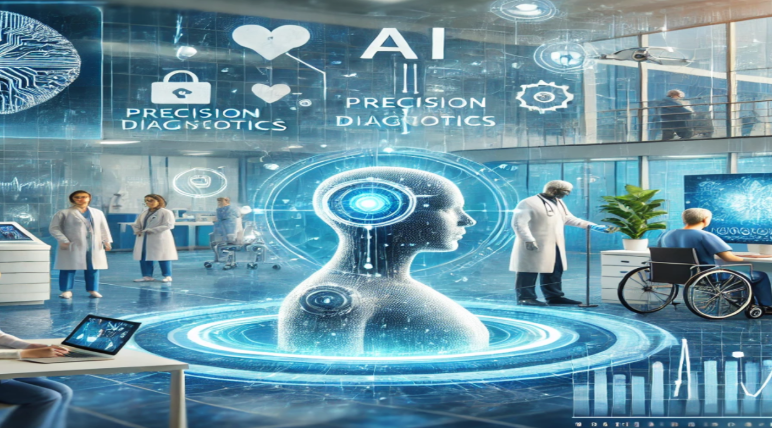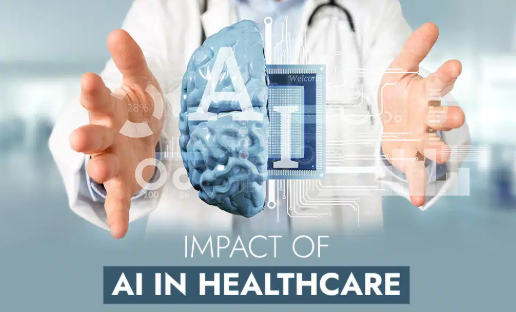Artificial Intelligence (AI) is rapidly transforming healthcare, offering new tools and methods to improve patient outcomes, streamline clinical workflows, and reduce costs. But to fully grasp its potential and limitations, it’s important to understand what AI is, how it works in the healthcare context, and the different types of AI applications being used today.
What is AI in Healthcare?
AI refers to the simulation of human intelligence by machines that can perform tasks such as learning, reasoning, problem-solving, and language understanding. In healthcare, AI systems analyze vast amounts of medical data to assist with diagnosis, treatment planning, patient monitoring, and administrative tasks.
Key Components of Healthcare AI
- Machine Learning (ML): ML algorithms learn patterns from healthcare data and improve their accuracy over time. For example, ML models can predict disease risk based on patient history.
- Natural Language Processing (NLP): NLP enables AI to understand and interpret medical notes, patient records, and research articles written in human language.
- Computer Vision: This branch helps AI analyze medical images like X-rays, MRIs, and CT scans for abnormalities.
- Robotics: AI-powered robots assist in surgeries and automate routine tasks in hospitals.
Types of AI Applications in Healthcare
- Diagnostics: AI helps detect diseases early by analyzing imaging and pathology data.
- Personalized Medicine: AI tailors treatment plans based on a patient’s genetics, lifestyle, and other factors.
- Drug Discovery: AI accelerates the development of new medications by predicting molecular interactions.
- Virtual Health Assistants: Chatbots and voice assistants provide 24/7 patient support and health information.
- Remote Monitoring: Wearable devices powered by AI track vital signs and alert healthcare providers to potential issues.
- Operational Efficiency: AI automates administrative tasks like scheduling and billing, reducing workload and errors.
Benefits of AI in Healthcare
AI enhances diagnostic accuracy, improves treatment personalization, and enables earlier interventions. It also helps reduce costs and workload for healthcare providers, making healthcare more accessible.
Challenges to Understanding and Implementing AI
Despite its promise, AI in healthcare faces hurdles including data privacy concerns, algorithm biases, lack of transparency in decision-making, and the need for extensive validation and regulation. Healthcare professionals must be educated on AI’s capabilities and limitations to use it effectively.
The Future of AI in Healthcare
As AI technology advances, its integration into healthcare will deepen, potentially transforming medicine into a more predictive, preventive, and personalized discipline. Collaboration between technologists, clinicians, and policymakers is crucial to navigate ethical and practical challenges.
Conclusion
Understanding AI in healthcare requires recognizing both its transformative potential and the complexities involved in its application. With responsible development and adoption, AI promises to be a powerful ally in improving global health outcomes.







Leave feedback about this